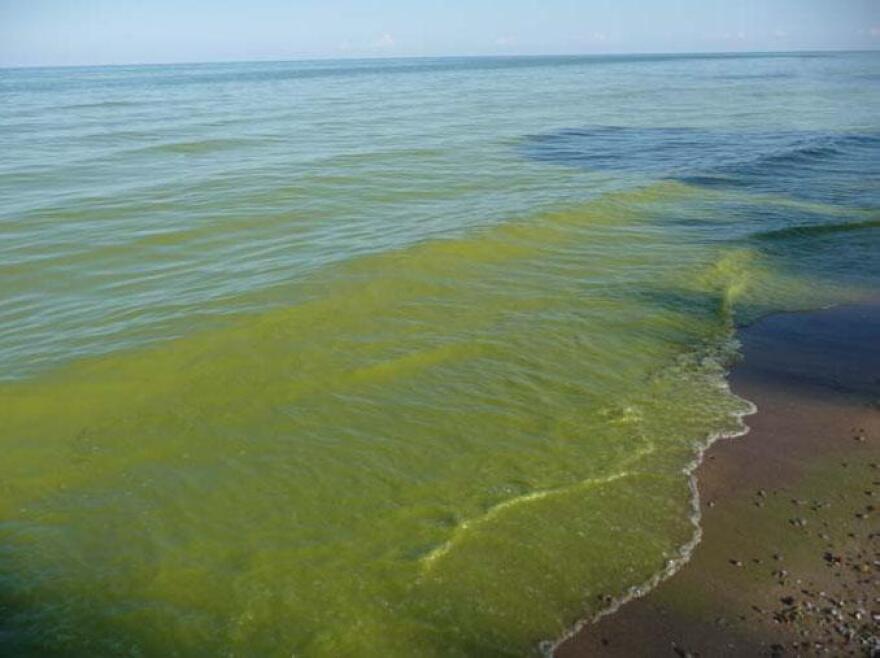Billions of dollars have been allocated to restoring the Great Lakes – money spent cleaning up pollution, preventing invasive species and educating the public.
A new regional initiative will analyze how effective some of those efforts – and dollars – have been so far.
The new program is called Blue Accounting. It assembles data – including how much money was spent on a project, who’s in charge of it, and if it was completed – into clear visuals, like a map showing wetland projects.
But the point isn’t to measure all of the work going towards the Great Lakes.
"We think that’s actually too big a problem to solve, at least in the short term," says Chief Information Officer Steve Cole of the Great Lakes Commission, a compact of Great Lake states and Canadian provinces.
Cole says the plan is to focus on five key issues: "The loading of phosphorus into Lake Erie, restoration of coastal wetlands, aquatic invasive species, source water protection, and the way that we’re dealing with and hoping to optimize the maritime transportation system across the Great Lakes."
The idea was conceived back in 2013, but Cole says collecting all of this data has been a challenge. Data on efforts to reduce nutrient runoff into western Lake Erie will be added early next year.


